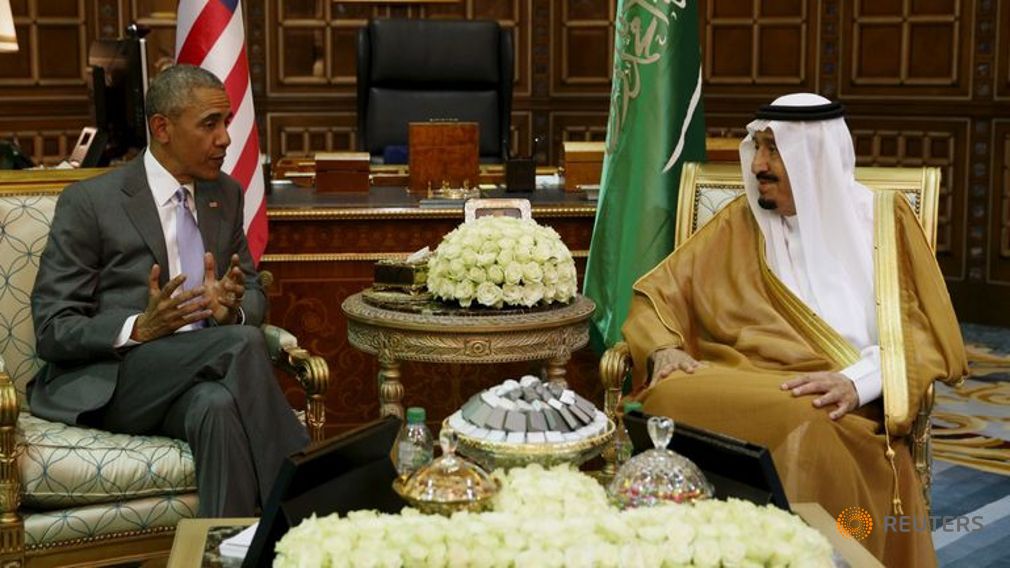Boston-Professor Gary Samore, U.S. President Barack Obama’s former White House Coordinator for Arms Control and Weapons of Mass Destruction (WMD), said that during his presidency, Obama failed to achieve peace between the Israelis and the Palestinians, damaged relations with some of Washington’s allies including Saudi Arabia and Egypt, and caused disappointment especially in the Syrian case.
In an interview with Asharq Al-Awsat, Samore highlighted the importance of maintaining solid relations with Saudi Arabia, a stable country that survived the chaos of the region. However he saw that similar relations with Iran are unlikely as long as Iranian Supreme Leader Ali Khamenei is present.
When asked to wrap up the U.S. president’s ups and downs, Seymour pointed out the failure in managing and dealing with the conflicts and political chaos triggered by the Arab Spring; yet the nuclear agreement with Iran is an accomplishment, according to him.
The former consultant sees that Obama is not willing to interfere more in the Syrian case and will not endorse the memo signed by 50 U.S. diplomats to take military action against the regime of Bashar Assad.
Samore was asked if presidential candidate Hillary Clinton would adopt a different policy towards the Syrian opposition if elected. He said Clinton will demand a comprehensive revision of the U.S. policy, not to mention her already stated requests to establish an isolated area in Syria.
The official said the U.S. was compelled to take contradictory stances in the fight against ISIS in Iraq and Syria.
The official U.S. stance regarding Syria is the demand for Bashar Assad to step down, he told the interviewer. Yet the main focus is combating ISIS in Syria as well as Iraq, Samore said.
This difference in the approach towards the Syrian case shook U.S.-Russian relations, he said, adding some American discontent with the fact that Russia chose the military solution years after the eruption of the Syrian war.
Relations with Turkish President Recep Tayyip Erdogan are no better, he stated.
Samore was asked to estimate the current relationship between the U.S. and Saudi Arabia. He affirmed that good ties with Riyadh are always a top priority for Washington for a couple of reasons: first the current economic phase of the Kingdom, and second the fact that Saudi Arabia maintained peace amidst the region’s turbulence.
Speaking of the interesting economic phase of the Kingdom, Seymour described Saudi Vision 2030, proposed by Deputy Crown Prince Mohammed bin Salman, as an ambitious and huge step.
He added that sooner or later finding oil substitutes would be a must.
